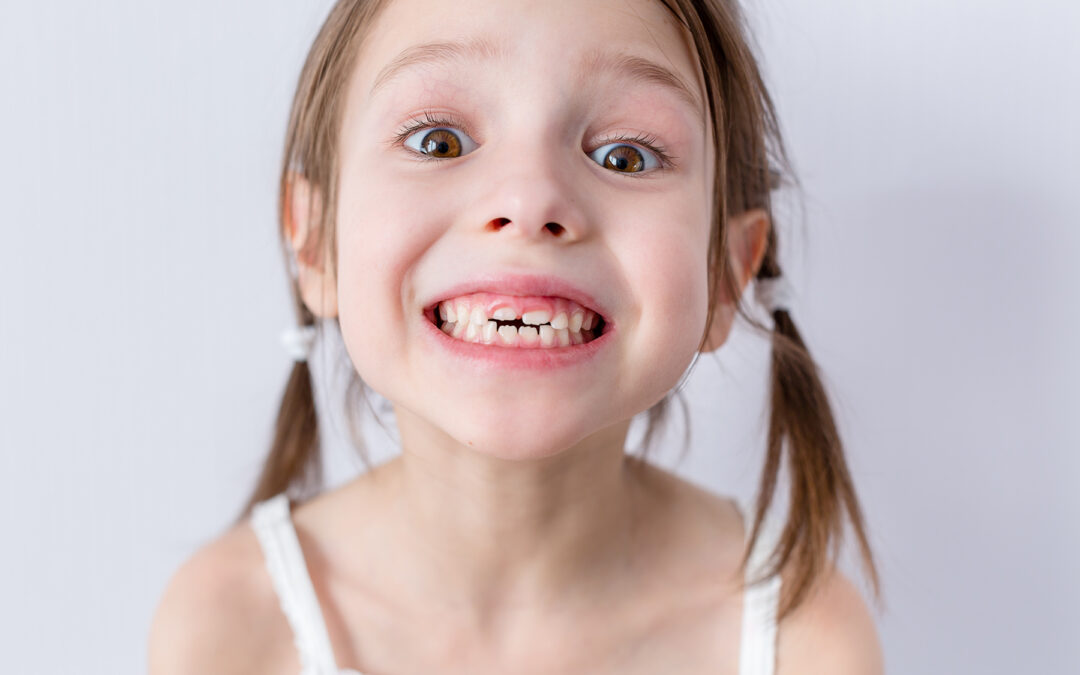When it comes to oral health, many often overlook the significance of primary teeth, commonly known as baby teeth. However, these small pearly whites play a crucial role in a child’s overall development and well-being. Not taking care of them in a timely manner will lead you to looking for the best Windermere dental clinics.
Understanding the importance of primary teeth is essential for parents and caregivers to ensure proper dental care from an early age.
Foundation for Proper Chewing and Nutrition:
Primary teeth are essential for chewing and biting, which is crucial for proper digestion and nutrition. They help children to break down food into smaller, digestible pieces, facilitating the absorption of essential nutrients.
Without properly functioning primary teeth, children may struggle to eat a varied and nutritious diet, potentially leading to nutritional deficiencies and health issues.
Speech Development:
Primary teeth also play a significant role in speech development. They help children learn to pronounce different sounds correctly by providing support and guidance for the tongue and lips.
Without the presence of primary teeth, children may experience difficulties in articulating words clearly, which could impact their communication skills and confidence.
Maintaining Space for Permanent Teeth:
One of the critical functions of primary teeth is to save space for permanent teeth. They act as guides for the eruption of permanent teeth, ensuring that there is enough room in the jaw for them to grow properly.
Premature loss of primary teeth due to decay or injury can lead to misalignment issues and overcrowding of permanent teeth, potentially requiring orthodontic treatment later in life.
Facial Development and Esthetics:
Healthy primary teeth contribute to the proper development of facial muscles and bones. They provide support for the lips and cheeks, giving the face its natural shape and structure.
Additionally, having a healthy set of primary teeth can boost a child’s self-esteem and confidence, as it contributes to a pleasant smile and overall facial esthetics.
Psychological and Social Impact:
The loss of primary teeth, especially at a young age, can have a significant psychological impact on children. It may affect their self-image and confidence, leading to feelings of embarrassment or self-consciousness, particularly in social settings.
Proper dental care and maintenance of primary teeth can help prevent premature tooth loss and mitigate any associated psychological effects.
Early Detection of Dental Issues:
Regular dental check-ups for children allow dentists to monitor the development of primary teeth closely. Early detection of dental issues such as decay, misalignment, or developmental abnormalities can lead to timely interventions and prevent more significant problems later on.
Routine dental visits also provide an opportunity for education on proper oral hygiene practices for both children and parents.
Primary teeth are far more than just placeholders for permanent teeth; they are vital for a child’s overall health, development, and quality of life. Understanding the importance of primary teeth underscores the significance of early dental care and maintenance.
By prioritizing oral hygiene practices, regular dental check-ups, and proper nutrition, parents and caregivers can ensure that children develop healthy smiles that last a lifetime. Remember, taking care of baby teeth sets the stage for a lifetime of good oral health.
